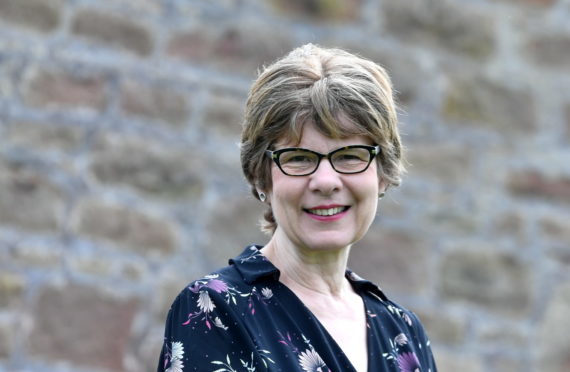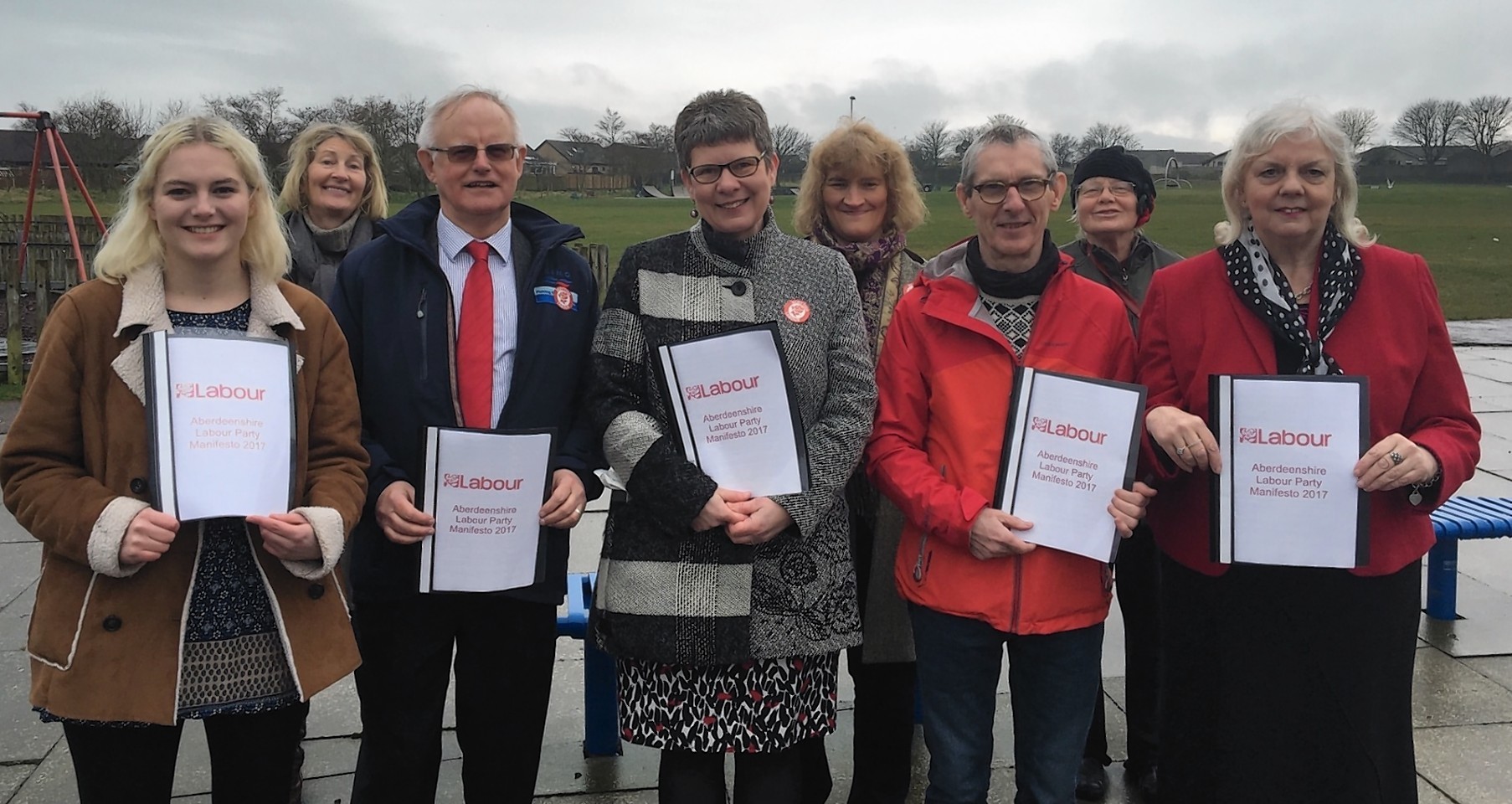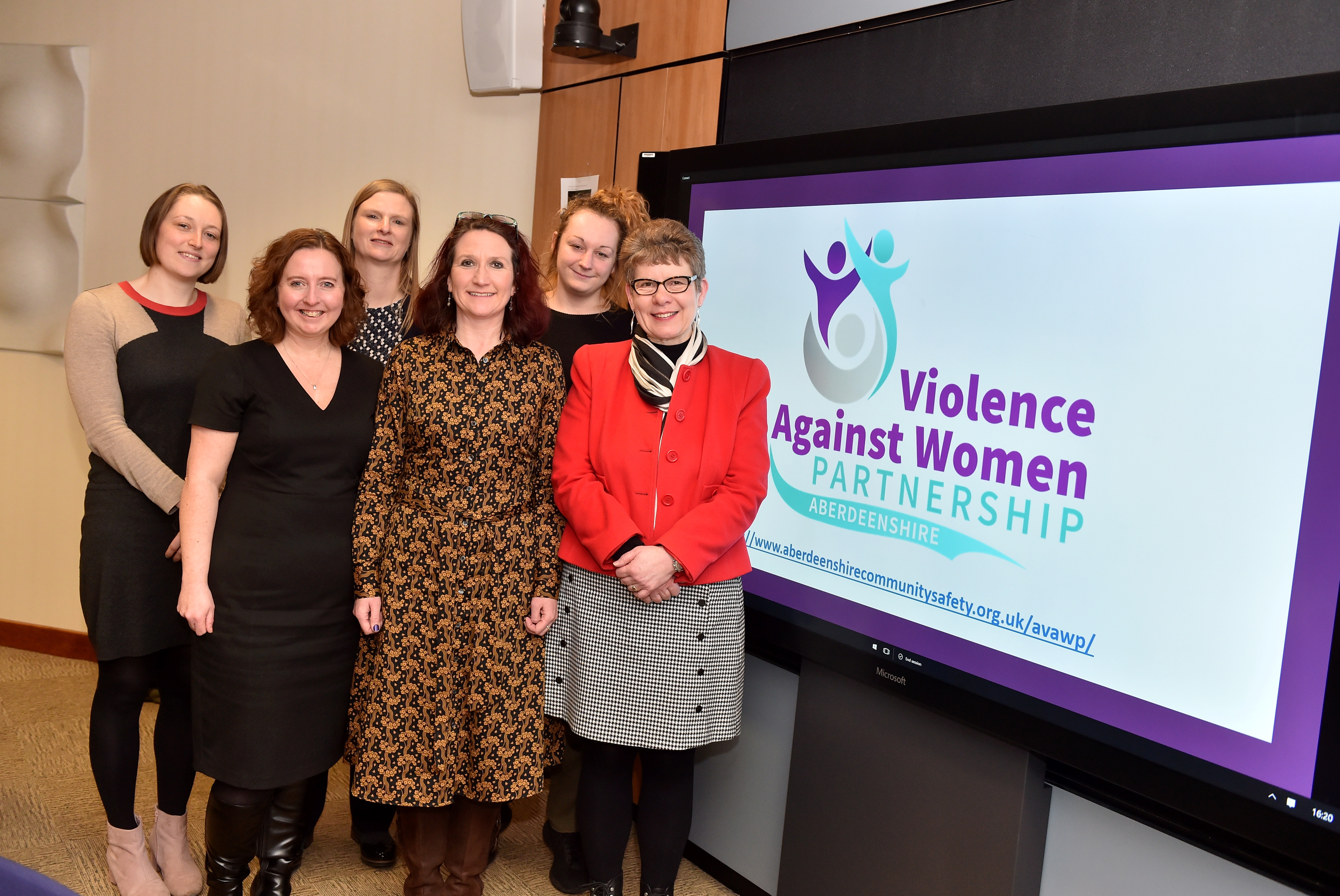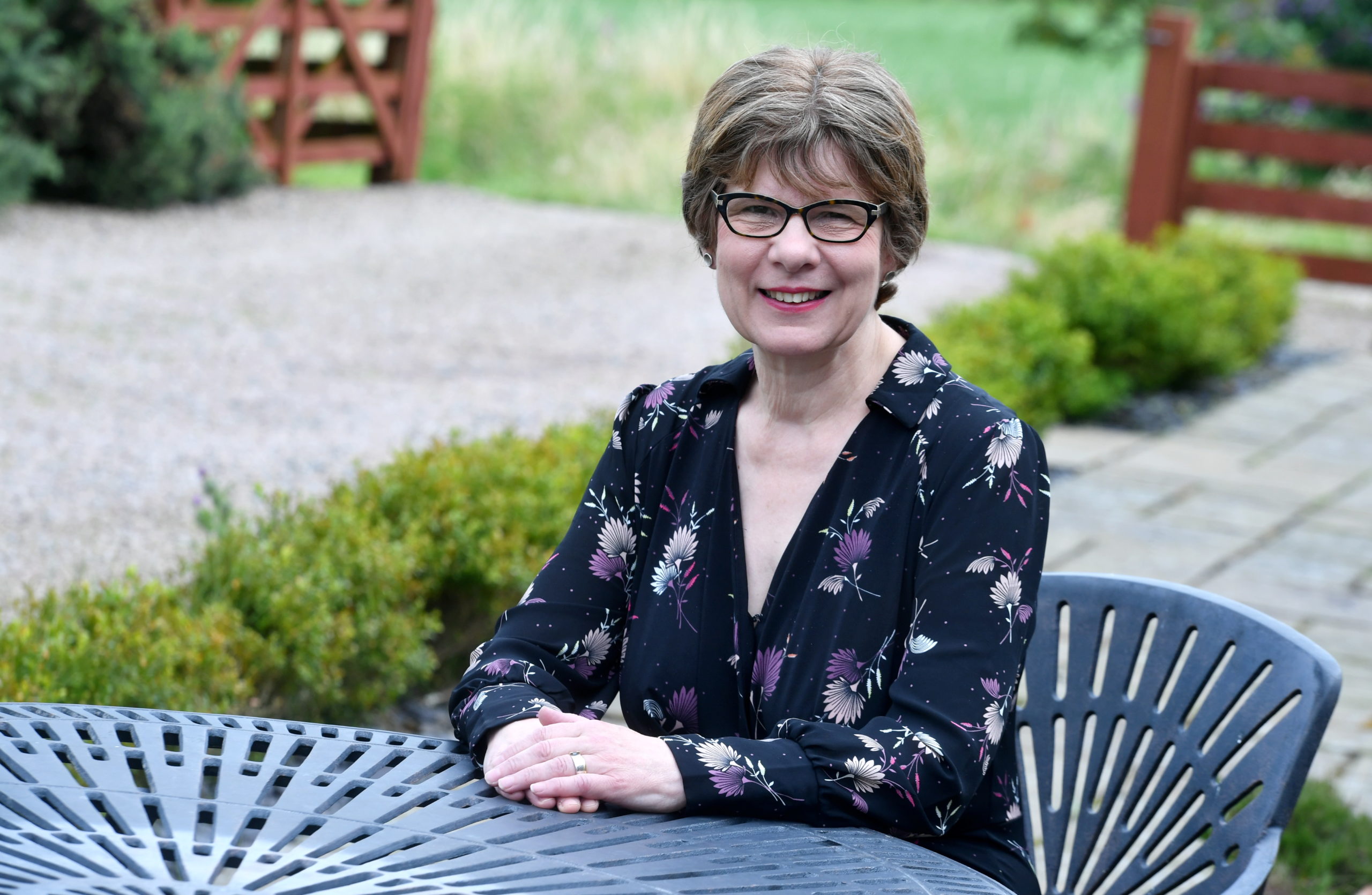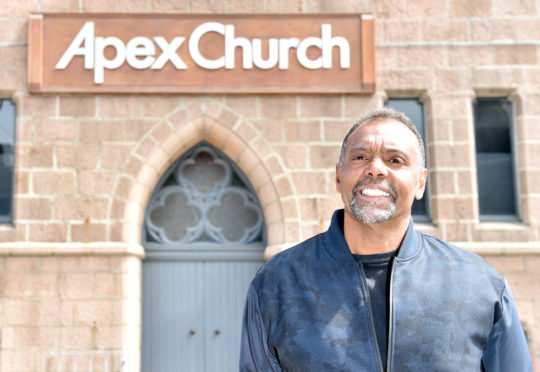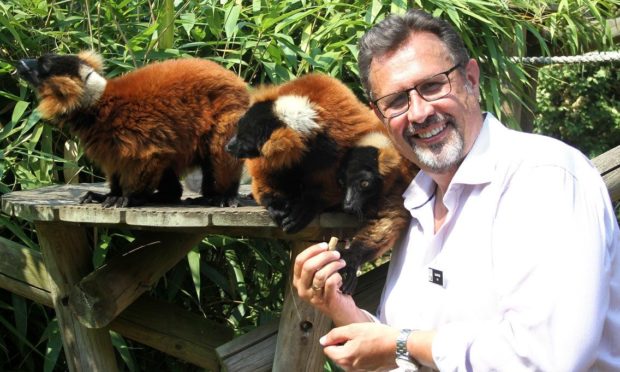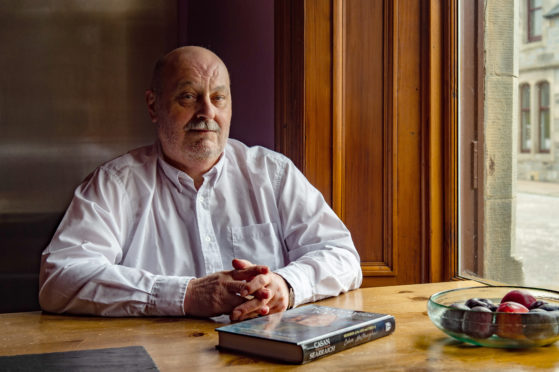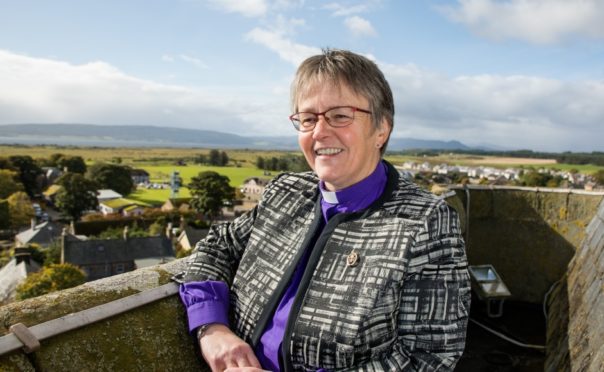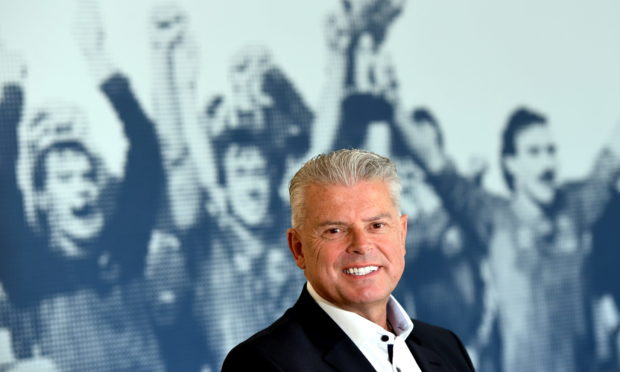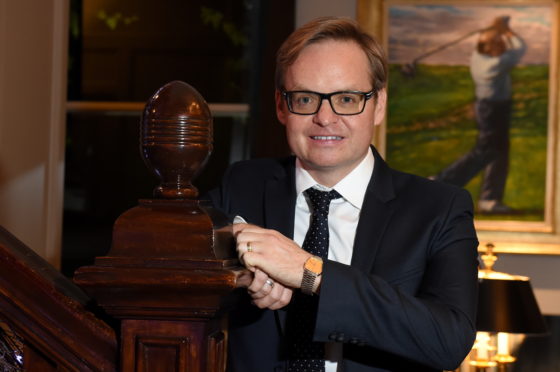When Alison Evison was elected as Aberdeenshire’s first Labour councillor she struck a blow for not only her party, but for women in local politics.
Mrs Evison gave up a safe, comfortable job at Mearns Academy in Laurencekirk to “take a massive gamble” and pursue a career in politics in 2012.
Securing victory at the polls, she emerged as a red dot in a sea of yellow, blue and orange political hues.
Despite being the region’s first Labour councillor she quickly rose through the ranks of Aberdeenshire Council, and just four years later went on to serve as its co-leader with the SNP’s Richard Thomson.
The idea of crossing the party divide to work in tandem with traditional rivals was novel at the time, but has since been “exported” to the rest of Scotland.
In 2017, Mrs Evison was elected as the 15th president of the Convention of Scottish Local Authorities (Cosla) and is now using her influence to try and open the door for more women to enter the political arena.
Before she sought election as a councillor, Mrs Evison had worked as a teacher of history, modern studies and English for 25 years and lived across the world.
Her desire to stand, she said, came from the need to “do something” about problems rather than “sit there and moan”.
She said: “When I stood there weren’t any Labour councillors in Aberdeenshire at all, so it was a challenge to be that voice.
“I had to give up my job at Mearns Academy to campaign and it was a massive gamble, I remember thinking, ‘if I don’t get this, what do I do?’
“My family and I settled here in the north-east and as we did, I noticed issues I’d wanted to get involved with. Things concerned me and I didn’t want to sit there and moan about them, I wanted to do something.
“That is what led me to stand in the first place, and the only reason I waited so long was due to barriers we still face today.
“I felt I couldn’t stand while my children were young and in primary school, and that is something Cosla are working hard to put right.”
She added: “Politics should be open to everyone.
“We need to work to encourage a diverse range of people to stand, we’ve been working very hard to make that possible.
“You go into council chambers and you walk past rows and rows of pictures of former council leaders who are all men, you rarely see the image of a woman.
“We need diversity across all fields, not just politics, and we need to get women in these positions – speaking for their communities, to their communities, so people know this is possible.”
Yes, a key factor among many barriers to election for women, which at @COSLA & @improvserv we’re working together to break down. Respect & civility are too far removed from much political experience, but supporting each other we can improve the culture https://t.co/8MLPzG7rc1
— Alison Evison (@AlisonEvison) August 30, 2020
From an early age, the sense of community was important to the North Kincardine councillor.
Born in Gravesend in Kent, her parents both worked in the public sector and held an interest in local affairs.
Her mother’s family was from Ireland while her Dundonian father had moved from Scotland to London in the 1960s.
Mrs Evison remembers, from an early age, listening to talks from political speakers in “dreary and cold” village halls that, ultimately, helped foster an interest in how society functions from an early age.
Gravesend also has one of the highest Sikh populations in the UK so she enjoyed a multicultural upbringing.
Mrs Evison was often left “angered” when she noticed her friends from West Indian backgrounds being stopped and searched by the police.
She said: “My childhood experience did shape how I felt about politics.
“It was an urban area, and when I was young it wasn’t uncommon for certain friends and people to get stopped by the police, and that made me angry.
The Sikh community in Gravesend have been delivering 400 meals a day to NHS staff and the vulnerable people in the area https://t.co/oEEYB4CycC pic.twitter.com/qC18iNDoO4
— KentOnline (@Kent_Online) April 16, 2020
“We have the Black Lives Matter movement now but in those days it was an entirely different issue.
“I wanted to stand up for equality and work with people in my area to do that. My upbringing did drive me and shape my world view.”
Cosla represents Scottish councils and, increasingly as the coronavirus pandemic continues, acts as a voice in Scottish Government for local authorities.
The organisation has come to prominence in recent months as councils seek answers, reassurances and funding to help deal with the impact of lockdown.
Mrs Evison explained that, given that 10% of jobs in Scotland are in local government, everything needs to be done to protect councils from financial ruin.
She added: “When we think of all the vulnerable groups impacted recently through coronavirus then we need to work to ensure we can support and build back communities.
“Recovery is a joint process, it will involve councils, public health teams, the third sector and more – and we just won’t recover unless we work together.
“We need to have that willingness to work with other people from other areas even if we have different views on politics – fighting and arguing will only delay the process.
“Funding of course is crucial as well. At Cosla we are exploring different forms of funding. The work local government is doing will not be sustained unless we have a better fiscal footing.
“There’s not an easy answer to the economics at the moment, but if we all sit down at the same table then that’s a start.
“Working together to find a solution, we will get through this.”
